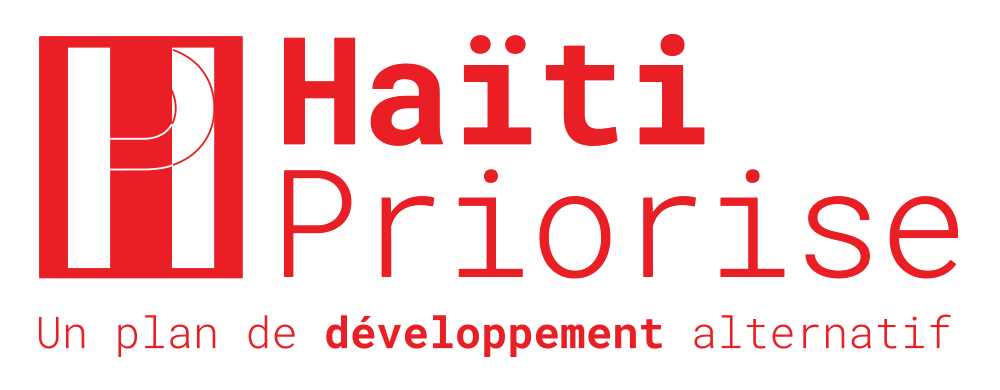Haïti Priorise: Local Companies, Theodat
The Problem
Around fifty local and foreign businesses participate regularly in calls for tender launched by the Haitian state, the amounts of which represent about 15% of national GDP.
Although the number of local firms participating in public tenders is higher than the number of foreign firms, foreign firms win more than 70% of these contracts because of competitive advantages.
Public spending thus favors the leakage of capital to foreign economies, and the spillover effects to the local economy are relatively low.
With opportunities to integrate the CARICOM market and the prospect of signing the WTO agreement on public procurement, Haiti is opening further to external competition. Yet the level of competitiveness of Haitian companies is relatively low, owing to their low level of capitalization, high operating costs and low level of technology.
The direct consequences are the increasing loss of shares in public commissions and/or the absence of participation in external tenders.
The Solution
- Local Content Procurement
The insertion, within the framework of legal tender documents, of a clause that stipulates that for any contract awarded to an international business, it must subcontract 20% of this contract to local businesses.
This will permit Haitian companies to obtain, within the framework of these contracts, tasks to be carried out on behalf of foreign firms. This will develop their ability to carry out certain activities, strengthen their skills and improve their competitiveness.
This will eventually allow local firms to gain larger shares of the public markets, having benefited from technology transfers, one of the impacts of which is job creation in the economy.
Summary Table of the BCR
| Intervention | Benefits | Cost | Benefits for every gourde spent |
|---|---|---|---|
| Local Content Procurement | 13.35 billion gourdes | 13.98 billion gourdes | 0.95 |
| Local Content Procurement - with "multiplier effect" | 62.89 billion gourdes | 13.98 billion gourdes | 4.5 |
Benefits, Costs and BCR
Costs
Costs include the costs of technology transfer, administrative costs and costs of searches undertaken by foreign firms for local partners:
- Technology transfer - 322.1 million gourdes, annual cost
- Administration - 30 million gourdes, as a one-off cost at the beginning.
- An increase in the cost of searches - 137.6 million gourdes, annual cost
- The increase in the cost of procurement, that drops over time. In the first year, this would cost 1.8 billion gourdes.
Benefits
The benefit of market share increase and productivity gains by local firms in the industrial sector is the main benefit, worth 13.4 billion gourdes.
Multiplier effect is the theory that spending money locally, instead of sourcing goods from abroad, adds to the Haitian economy. The multiplier effect translates into the ability of an economy, by increasing its attractiveness and competitiveness, to enable the economic fabric to benefit from the creation of wealth realized on its territory. If the multiplier effect is recognized, the benefits of the intervention are considerably higher.

